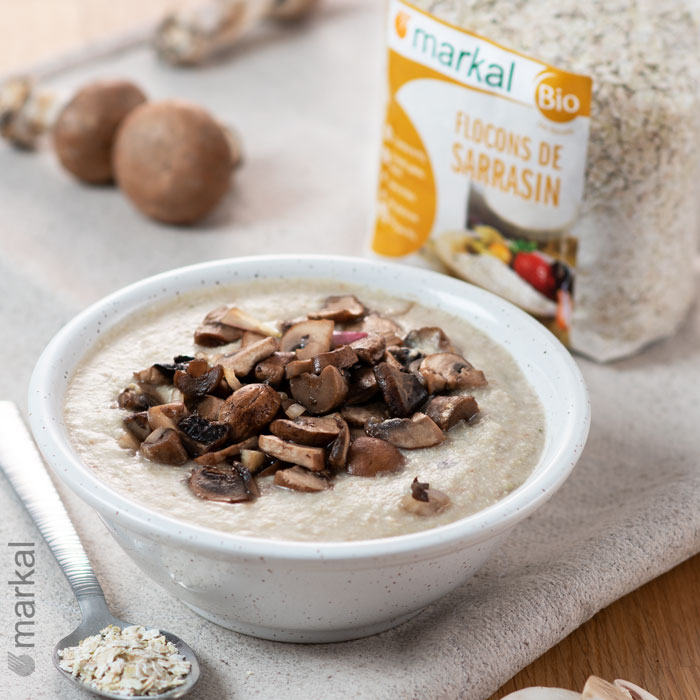It’s not easy to tell the difference between true and false when it comes to gluten-free nutrition. Gluten proteins found in certain cereals provide foods with softness and elasticity but can cause many inconveniences. Is gluten useful or not? Dangerous or not? Let’s take stock !
Is gluten dangerous ?

False, but... Gluten is only really dangerous in the case of coeliac disease, which is said to affect about 1% of the population and often goes undiagnosed. For those affected, the consumption of gluten causes digestive disorders and damage that can be serious. A strictly gluten-free diet is therefore essential. For others, the consumption of gluten does not lead to complications or cause dangerous damage. On the other hand, it can disturb sensitive bodies and cause discomfort. This is known as gluten hypersensitivity, with real intolerance referring to coeliac patients.
Is today’s gluten not the same as yesterday’s ?
True ! Modern cereals are the result of successive crosses aimed at increasing crop yields and adapting the characteristics of the cereal (texture, taste, etc.) as required. To achieve this, the characteristics of gluten are sought after. In addition to being found in cereals, gluten can sometimes even be added to certain industrial products. As a result, most cereal products today contain more gluten than those of our ancestors.
Is it risky to eliminate gluten ?
False, but... The risk does not come from eliminating gluten from the diet, but rather from eliminating products containing gluten. Care must be taken to maintain a healthy and balanced diet.
Are gluten-free products healthier ?
False. They are certainly easier to digest, but the absence of gluten does not guarantee a quality product. On the contrary, many industrial products compensate for the loss of elasticity with additives, fat, salt, sugar, etc. Their quality then declines. The solution? Favour minimally processed, quality organic products and read the labels to check their composition.
Does eating a gluten-free diet make you feel better ?
True... and false. Reducing gluten in the diet can improve digestive well-being even for those who are not sensitive to it, by lightening the body’s digestive work. According to specialists, the benefits come as much from the reduction of gluten as from the reduction of fructans (carbohydrates present in cereals that cause gas and bloating). But here again, a diet that is too restrictive or unbalanced causes more inconvenience than benefits and a balanced diet must be the top priority !
Does gluten-free nutrition make you lose weight ?
False, since everything will depend on what gluten is replaced with. The weight loss reported by some gluten-free enthusiasts has mainly been due to a reduction in their intake of cereals and therefore of calories.








